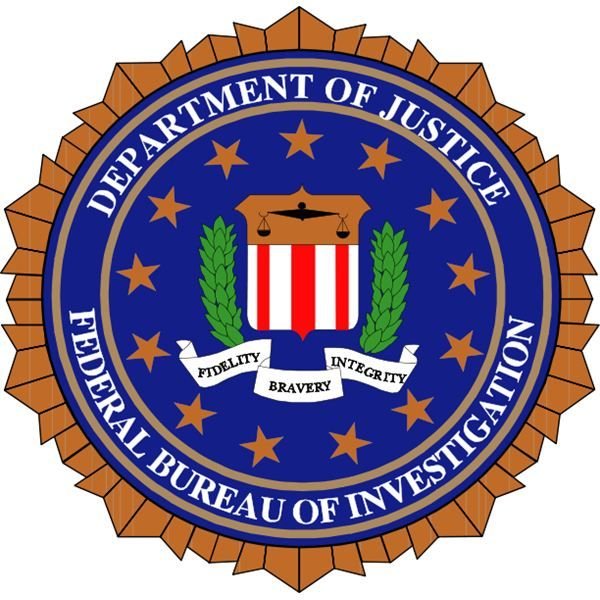Online Fraud Law - Basics and Information
Online fraud is best defined as deliberately misrepresenting facts to deprive a person of something valuable. Fraud is typically a part of other crimes, such as impersonation or getting money through false pretense, though, it can sometimes be a crime in itself. Understanding what online fraud is and how to avoid it will help all internet users better avoid becoming a victim of scams and other illegal activity.
Creation and History
Online fraud law is actually a rather new field. Consumers only have a few precedents and standards in which to build their case. Victims often report crimes to a variety of different agencies, which leads to many online fraud charges against the perpetrator. Based on the perpetrator’s unlawful actions, they may be charged with several fraudulent cyber crimes, instead of just one, that will result in his or her arrest. It is important to know both federal and state laws concerning online fraud to ensure all charges are brought against the perpetrator.
How Consumers Can Use It
It is important for consumers to know that online activities can be tracked by the authorities, so fraudulent acts can often be traced back to the perpetrator. Once a person has become a victim of a crime, it is important that he or she contact the authorities. The local police department can often direct consumers to the proper place to report the crime. The Federal Bureau of Investigation (FBI) also has a cyber crimes division in which consumers can file complaints. Once a complaint is filed, it is important to attend to all required follow-ups required of you to ensure the perpetrator is caught and fully prosecuted.
When Consumers Should Use It
If you are the victim of a crime that has transpired online, such as through the Internet or email, it is important to take advantage of online fraud law. If a person believes someone has hacked into an account, this could become fraud, and therefore should be reported. Begin by contacting the company the account is associated with through, like the appropriate bank or insurance company, and go from there. If a fraudulent crime is committed via email, it is important to first contact the email provider and then go from there in making a complaint with a legal agency, such as the FBI. If the fraud involves a major crime, such as identity theft or child pornography, it should be immediately reported to the local police department and they will escalate the case as needed.
It is important to avoid becoming a victim in the first place. First, know the law and how to protect yourself. Second, keep all usernames and passwords private and change them frequently. Third, keep your private life private. Fourth, monitor what kids are doing online. Lastly, never open an email if you do not know the sender and never follow links.
Resources
United States Government. (2010). Internet Fraud. December 19, 2010 from the United States Government: https://www.usa.gov/Citizen/Topics/Internet_Fraud.shtml
Computer Crime and Intellectual Property Section. (2010). Reporting Computer, Internet-Related, or Intellectual Property Crime. Retrieved on December 19, 2010 from the United States Department of Justice: https://www.justice.gov/criminal/cybercrime/reporting.htm
Image Credit - Wikipedia Commons - https://commons.wikimedia.org/wiki/File:FBI_seal.svg
